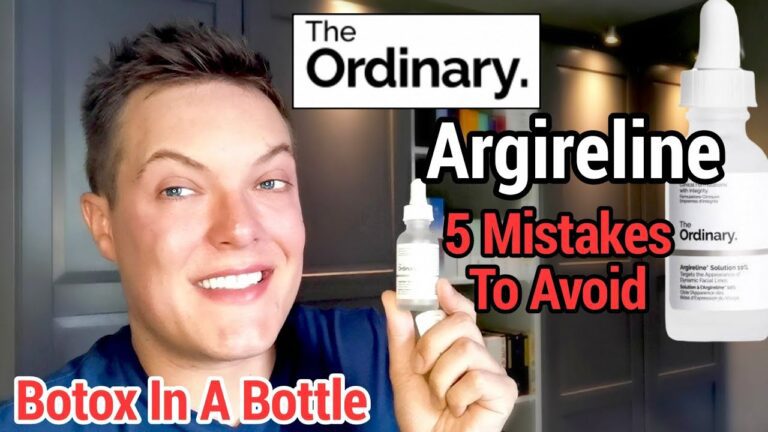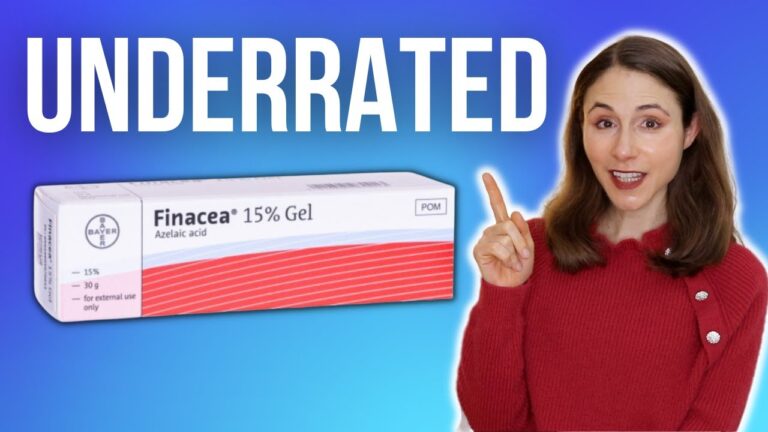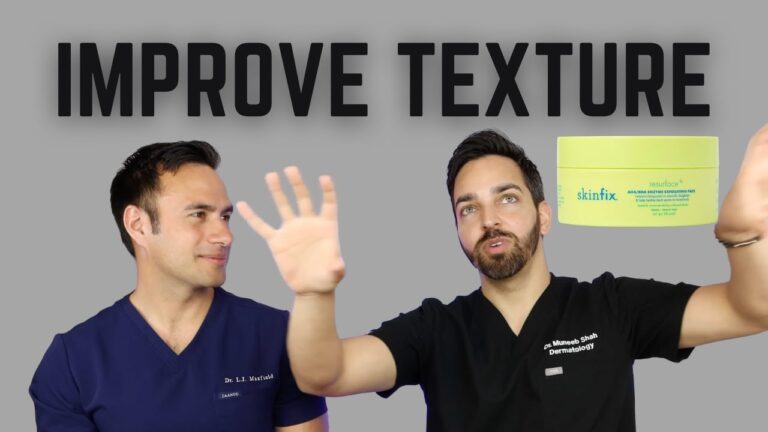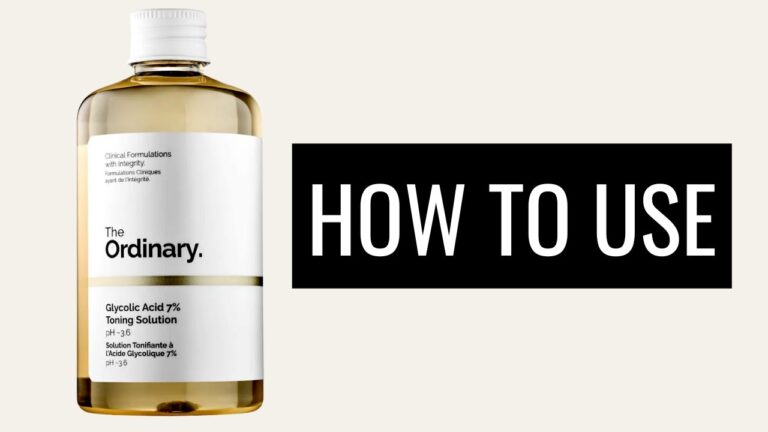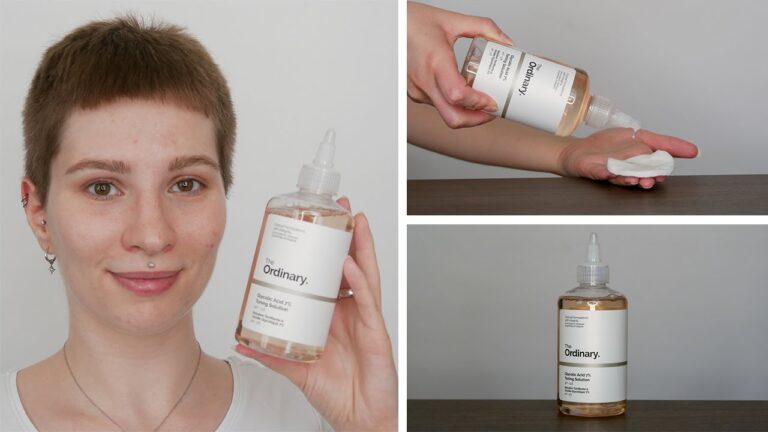Top 10 Exfoliators for Smooth and Glowing Skin
Exfoliator is an essential part of any skincare routine. It helps in getting rid of dead skin cells and impurities from the surface of the skin. An exfoliator usually contains small exfoliating particles that help in scrubbing away the impurities and dead skin. There are different types of exfoliators available in the market, including physical and chemical exfoliators. Both types have their benefits, and the choice depends on personal preference and skin type.
Physical exfoliators, also known as mechanical exfoliators, are the most commonly used type of exfoliator. These contain small particles or granules that scrub away the impurities from the surface of the skin. Physical exfoliators are suitable for people with normal to oily skin as they can help in removing excess oil and unclogging the pores. However, people with sensitive skin should avoid using physical exfoliators as they can cause irritation and redness.
Chemical exfoliators are another type of exfoliator that uses acids or enzymes to dissolve the dead skin cells. These are suitable for all skin types, including sensitive skin. Chemical exfoliators are more gentle compared to physical exfoliators and provide deeper exfoliation. However, they are not recommended for people with active acne or open wounds on their skin.
If you are new to exfoliation, it is best to start with a gentle exfoliator and then gradually increase the intensity as your skin gets accustomed to it. You should also consider the ingredients in the exfoliator before purchasing it. Look for ingredients like salicylic acid, glycolic acid, and lactic acid as they are known for their exfoliating properties.
When it comes to exfoliating, it is essential to follow the correct technique. Start by cleansing your face with a gentle cleanser and then apply the exfoliator in circular motions. Be gentle and avoid rubbing too hard as it can cause skin irritation. Rinse off the exfoliator with lukewarm water and then follow up with a moisturizer to keep your skin hydrated.
Here are some of the best exfoliators available in the market:
Nip + Fab Glycolic Scrub Fix
This physical exfoliator contains glycolic acid and salicylic acid, which help in exfoliating and unclogging the pores. It is suitable for people with oily and acne-prone skin.
The Ordinary AHA 30% + BHA 2% Peeling Solution
This chemical exfoliator contains a combination of alpha-hydroxy acids and beta-hydroxy acids, which provide deep exfoliation. It is suitable for all skin types and helps in getting rid of hyperpigmentation and acne scars.
Dermalogica Daily Microfoliant
This gentle exfoliator contains rice enzymes that help in gently exfoliating the skin without causing any irritation. It is suitable for all skin types and can be used daily.
Kiehl’s Clearly Corrective Brightening and Exfoliating Daily Cleanser
This physical exfoliator contains white birch and peony extracts that help in brightening the skin and removing impurities. It is suitable for all skin types and can be used daily.
In conclusion, exfoliation is an essential part of any skincare routine. It helps in getting rid of dead skin cells and impurities from the surface of the skin. There are different types of exfoliators available in the market, and the choice depends on personal preference and skin type. It is essential to follow the correct technique and use an exfoliator that suits your skin type.
Contents
Most searched products:
Does Sephora Support Israel? Answering Your Questions
The Ultimate Guide to Azealic Acid: Benefits, Uses, and Side Effects
How Long Does Glycolic Acid Take to Show Results: Your Ultimate Guide
Discover the Benefits of The Ordinary Botox for Your Skin
The Ultimate Reviews of The Ordinary Peeling Solution
The Ultimate Guide to The Ordinary Colours Foundation: Reviews, Swatches, and Tips
The Perfect Order: When to Use Retinol and Niacinamide in Your Skincare Routine
Unlock Smooth and Supple Skin: Discover the Best Skincare Products for Skin Suppleness
Say Goodbye to B.O with Glycolic Acid Deodorant: The Secret to Long-Lasting Freshness
Exploring the Wonders of The Ordinary Oxford Street: A Complete Guide









